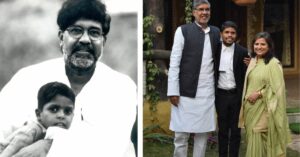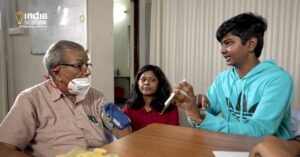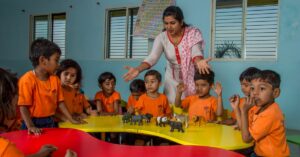The Man Who Is Challenging Deep-Rooted Patriarchy in India
This organisation helps victims of child labour, domestic violence, physical abuse, and discrimination, rescuing them and helping them reintegrate with society.
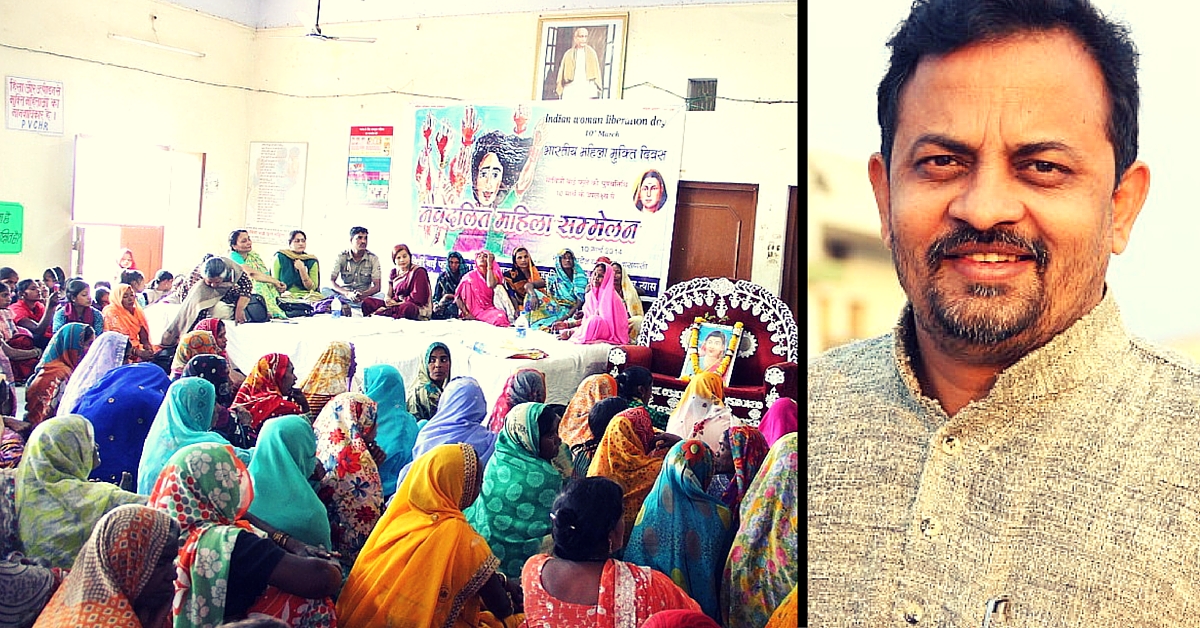
This organisation helps victims of child labour, domestic violence, physical abuse, and discrimination, rescuing them and helping them reintegrate with society.
Mobina, a young girl from Varanasi went to work as a domestic help for a married couple last year. They had promised to take care of her education and living expenses. After spending a few days in their house she found that none of the promises was genuine. Instead, her employers tortured her and gave her nothing more than a single chapatti to eat every day. But thanks to the efforts of People’s Vigilance Committee on Human Rights (PVCHR), an NGO working for the rights of marginalised people in India, Mobina is now free. She goes to a government school in Varanasi and inspires other children by speaking to them about the importance of education.
“We are fighting against hegemonic masculinity in all its forms. And it is linked to the patriarchy and caste system associated with Indian society,” says Dr. Lenin Raghuvanshi, one of the five founding members of PVCHR.
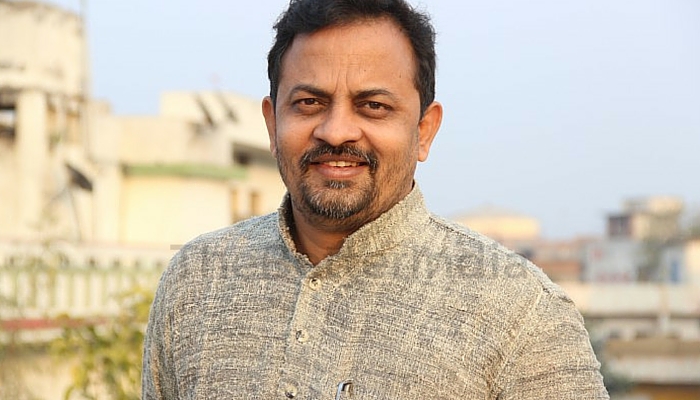
Dr. Lenin came across subjugation, exploitation and injustice in many forms in 1993, when he started working with Kailash Satyarthi and his Bachpan Bachao Andolan. He and his team undertook several missions to release bonded child labourers. The plight of these children left Dr. Lenin disturbed to the core. In 1996, he founded PVCHR as a membership-based human rights movement in Varanasi, Uttar Pradesh. The other founding members include his wife Shruti Nagvanshi, historian Dr. Mahendra Pratap, musician Vikash Maharaj, and poet Gyanedra Pati. PVCHR works in about 200 villages in five states of north India to ensure basic rights for children, women, Dalits, and tribal people.
You May Also Like: The Story of This Odisha Activist Who Runs a Hostel for the Children of Prisoners Is Inspiring!
Talking about PVCHR’s work against domestic violence, abuse and child labour, Dr. Lenin says the NGO’s work includes:
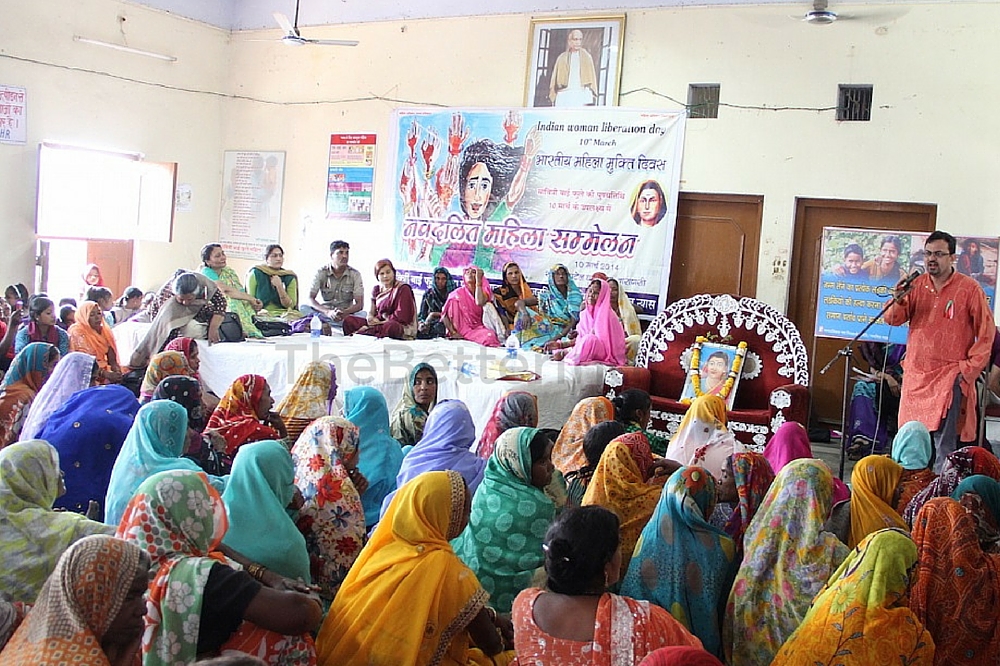
• Creating awareness through community-based discussions, campaigns, informal education, etc.
• Working with the survivors to make them economically self-reliant through jobs, education, etc. PVCHR also helps the survivors in their legal cases if there are any.
The organization has dealt with over 3,600 cases of domestic violence and rescued over 15,000 bonded labourers. Its vision is to establish a true, vibrant and democratic society through a jan mitra (people friendly) concept – a society where there will be no violation of civil rights and the community will work as a whole towards the rehabilitation of survivors.
The case of Yasmeen and Nandini, residents of Parnandapur village in UP, shows how PVCHR’s rescue operations have created a substantial impact. The duo, along with many other girls in the area, was a victim of harassment at the hands of some local goons. They approached PVCHR for help, found a way to file a case against the miscreants and ensured they were punished. They now organise street plays with girls from 10 villages to spread awareness against harassment and molestation.
You May Also Like: Why Should Girls Quit Schools Once They Get Their Periods? Two Women in Mumbai Fight the Taboo.
PVCHR works in the following ways:
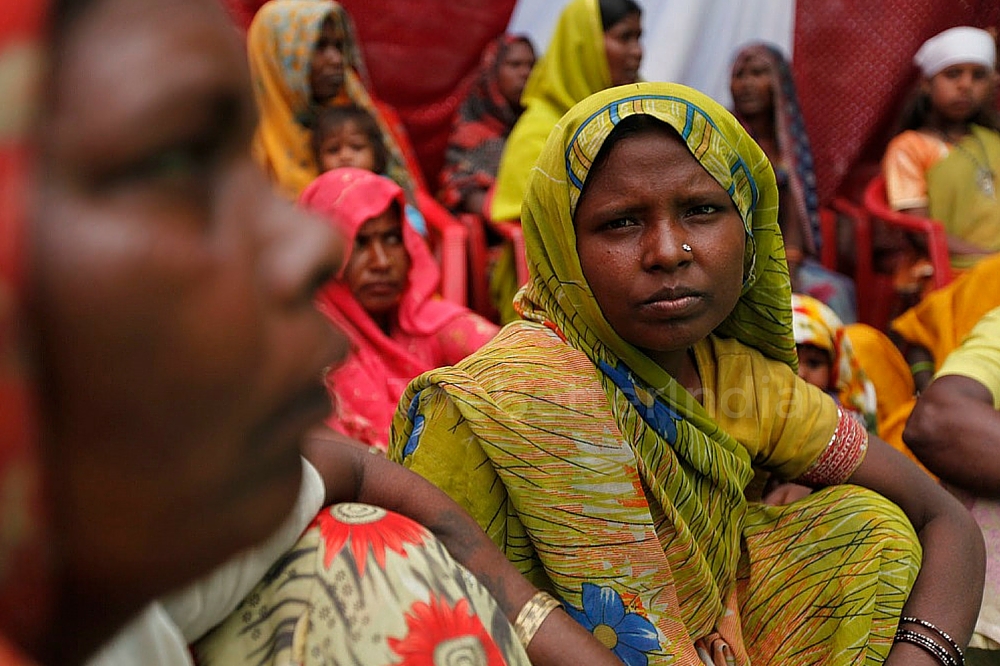
1. Creating models of non-violent and democratic communities in different villages: Residents are trained to fight against human rights violations and come together if any fellow villager is being mistreated by his/her family members, authorities, or any other person. PVCHR has created local cadres, called aguwas, which are groups of people who raise their voices against injustice. It has formed these aguwas in 250 villages in eastern Uttar Pradesh and the Koderma district of Jharkhand.
2. Linking grassroots activities and international human rights institutions: PVCHR is also networked with other human rights organizations like India Centre for Human Rights and Law, Human Rights Lawyers’ Network, People’s Commission against Assault on Minorities, Sajhaa Sanskriti Manch, Samanvay, Childline, and the National Federation for Right to Education.
3. Providing psychological support through testimonial therapy: Testimonial therapy takes place in four sessions. In the first two sessions, the survivor sits with a therapist and narrates the situation he/she has been in, while a third person takes notes. Together, they create a testimonial or a narrative of the entire incident. A ceremony is organised in the third session, where inhabitants of the survivor’s village are also present. The therapist or the survivor reads the testimony to the audience. After this, the survivor receives a garland to symbolise a transition from being a victim to becoming a survivor. Studies show the ceremony helps in healing mechanisms through self-awareness and community support.
PVCHR has a women’s centre in Varanasi where rescued women are provided shelter. The core team of the organisation has 79 people and it receives funds from different human rights organizations.
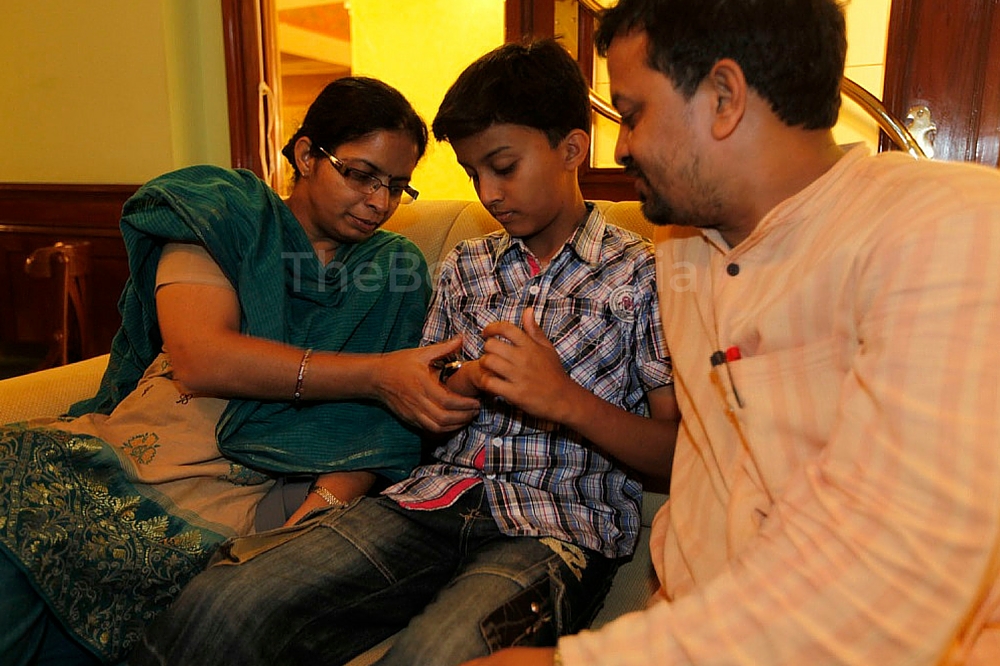
Dr. Lenin concludes by recounting an empowering story that has stayed with him through his journey as a dedicated human rights activist:
“Baghwanala, an urban slum located in the Hukulganj area in Varanasi district of Uttar Pradesh, is home to nearly 2,000 people. Child marriage and domestic violence are widely rampant in this area. PVCHR initiated a non-formal education programme there to inculcate the values of women empowerment among residents. These sessions had a direct impact on Chanda, Pooja and Jyoti – young girls in the village who were about to be married soon. They started a campaign to raise their voice against the impending marriages, and also saved many other girls from the same plight. They are currently creating awareness through bal panchayat meetings, street marches, open letters, signature campaigns, street plays, etc. Everyone has the capacity to become a changemaker – only if we take the first step.”
You May Also Like: At 18, He Adopted a Prostitute’s Kids. Today, He Has Rescued 1000+ Girls from Sex Traffickers.
You can contact Dr. Lenin by writing to him at [email protected].
Like this story? Have something to share? Email: [email protected], or join us on Facebook and Twitter (@thebetterindia). To get positive news on WhatsApp, just send ‘Start’ to 090 2900 3600 via WhatsApp.
This story made me
- 97
- 121
- 89
- 167
Tell Us More
We bring stories straight from the heart of India, to inspire millions and create a wave of impact. Our positive movement is growing bigger everyday, and we would love for you to join it.
Please contribute whatever you can, every little penny helps our team in bringing you more stories that support dreams and spread hope.






